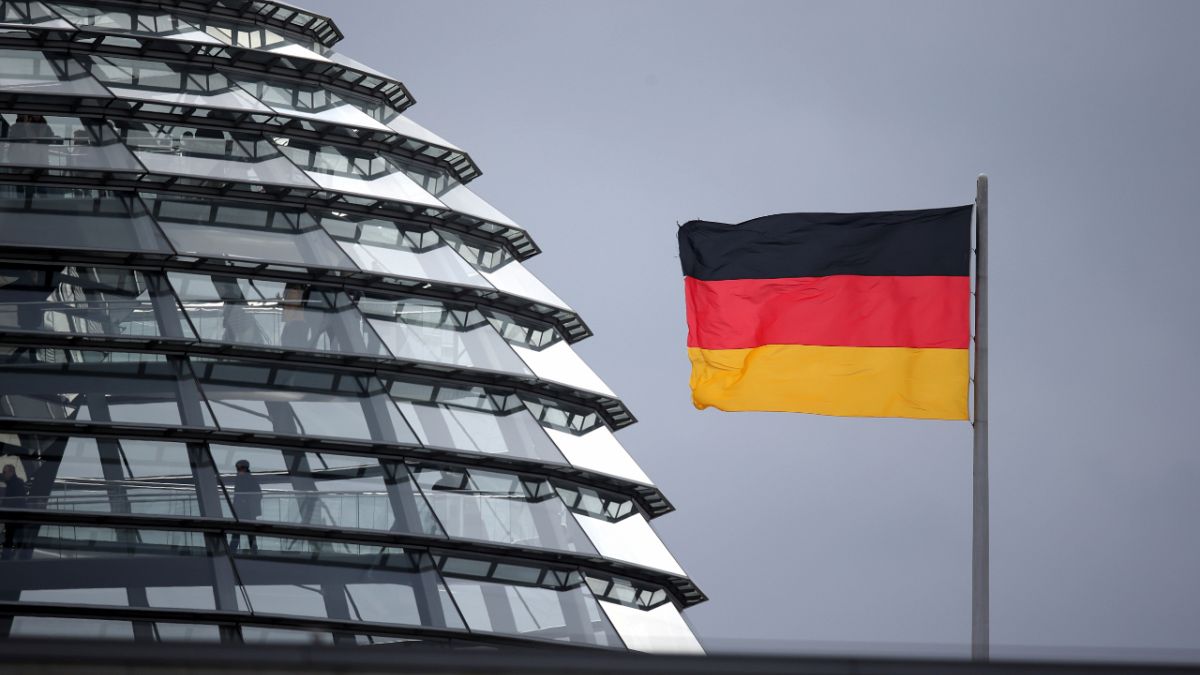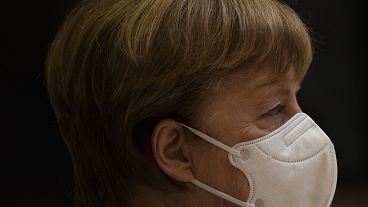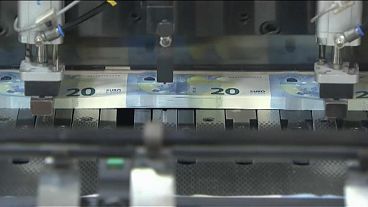Germany, Europe’s largest economy, has recorded a zero growth between October and December, as manufacturing remained in a slump and exports fell.
Europe's largest economy stalled at the end of 2019, as German manufacturing remained in a slump and exports fell.
The country recorded a zero growth between October and December, amid headwinds caused by the US-China trade dispute and Britain's departure from the European Union.
Both Germany and the wider Eurozone have reached their weakest point since 2013, when the entire region was suffering from a debt crisis that threatened to upturn the euro currency.
Figures from Germany's federal statistics agency Destatis showed there was zero growth in fourth quarter GDP. On an annual bases, the German economy grew by only 0.6% during 2019 — 0.9% less than in 2018.
Germany's troubles are a central problem for the 19-nation eurozone and the European Central Bank, which is trying to stimulate flagging growth and inflation with negative interest rates and bond purchases with newly printed money.
Electric cars and smartphone apps
Germany has been a manufacturing and export champion in recent years but those areas have been sluggish. Consumer spending and services businesses have held up better and kept the country out of recession.
Slowing global trade and the uncertainty caused by the US-China trade war have been one headwind, as businesses wonder if new tariffs or import taxes will alter or disrupt their supply chains of raw materials and parts.
Another factor causing the stagnation is linked to structural change in the industry, particularly the auto business: companies must now invest billions into developing electric cars and new services based on smartphone apps, both to meet regulatory pressure for lower greenhouse gas emissions and to head off competition from new entrants from the tech industry.
Germany and the eurozone also face the possibility of disrupted trade with Britain, which left the European Union on January 31.
Negotiators must work out a trade deal by the end of the year to avoid new tariffs and barriers to products, and time is short to reach agreement on the complex issues involved.
And on top of all that come worries about the spread of the COVID-2019 coronavirus outbreak.
Coronavirus
“The effect of coronavirus on global supply chains is likely to keep eurozone and German growth subdued in the short term,” said Rosie Colthorpe, European economist at Oxford Economics.
The three biggest economies in Europe all stalled or shrank in the last three months of the year: France saw output contract, albeit by a modest 0.1% while heavily indebted Italy shrank 0.3%.
Carsten Brzeski, chief economist at ING Germany, said recent hopes for a modest upswing were looking a little premature at this point.
“In general, the German economy remains stuck between solid private consumption and a paralyzed manufacturing sector,'' he wrote in a note.



